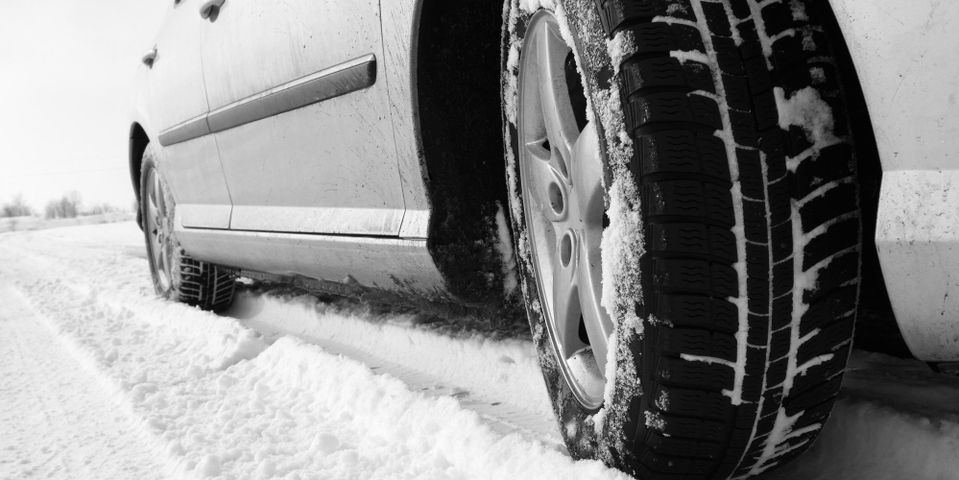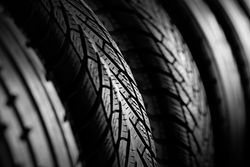What You Need to Know About Snow Tires

Although average car tires perform well during warm summers and mild autumns, they might not be able to contend with winter's wet weather and frigid temperatures. However, you may be hesitant to invest in snow tires, especially if you don't understand how they differ from the norm. Learn more about why this seasonal upgrade is worth it below.
What Are Snow Tires?
 Tread rubber and depth are two features that set snow tires apart from summer and all-season varieties. The rubber won't become stiff and rigid when exposed to cold temperatures, which keeps your tires from slipping on the pavement. Additionally, the tires' deep tread means snow won't pack the grooves and reduce traction while driving. There are also small cuts, or biting edges, in the tread to help the rubber grip the road.
Tread rubber and depth are two features that set snow tires apart from summer and all-season varieties. The rubber won't become stiff and rigid when exposed to cold temperatures, which keeps your tires from slipping on the pavement. Additionally, the tires' deep tread means snow won't pack the grooves and reduce traction while driving. There are also small cuts, or biting edges, in the tread to help the rubber grip the road.
Why Do You Need Them?
If you live in a region with harsh winters, snow tires will keep you safe behind the wheel. Since this equipment is designed to perform well in ice and snow, there's a smaller chance of spin-outs. Also, the flexible rubber means the car likely won't skid if you have to brake quickly. Finally, the groove pattern and deep tread can repel water to stop the car from hydroplaning on wet pavement.
To prepare for the Midwest winter, contact the ASE-certified auto technicians at Dee's Auto Care Specialists. Serving the Coulee Region of Wisconsin since 1936, this shop is a one-stop source for auto repairs and installation services. In addition to outfitting your ride with a new set of snow tires, these professionals will also provide oil changes, brake service, and additional tuneups to prevent winter breakdowns. Learn more about the crew’s credentials online or call (608) 782-2530 for service in La Crosse. You can also call the Onalaska location at (608) 783-0500 and the Winona, MN, branch at (507) 452-1115.
About the Business
(2 reviews)
Have a question? Ask the experts!
Send your question

